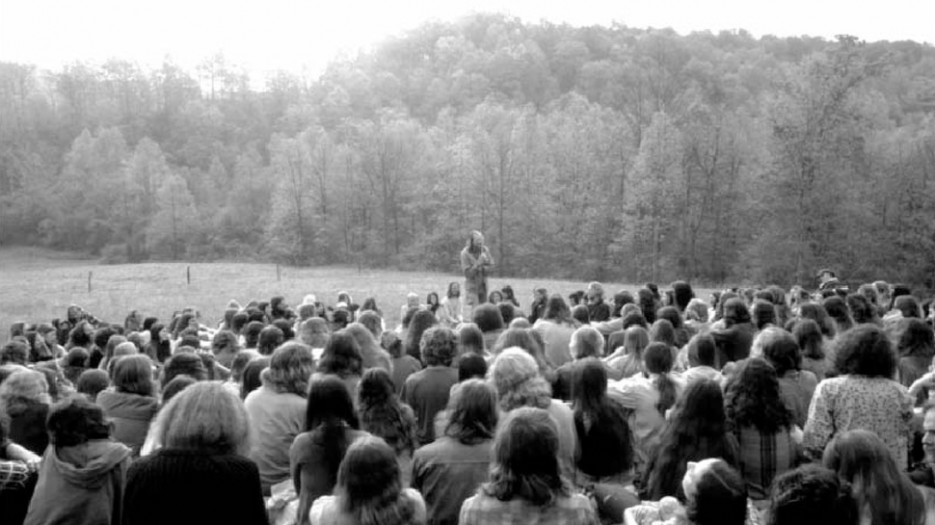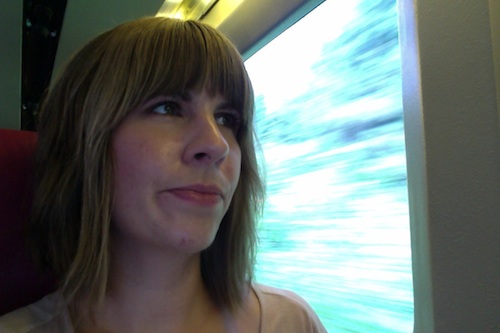No Looking After the Internet is a monthly “looking group” that invites participants to look at a photograph (or series of photographs) they are unfamiliar with, and “read” the image out-loud together. Chosen in relation to an exhibition, an artist’s body of work, or an ongoing research project, the looking group will focus on difficult images that present a challenge to practices of looking. If these images ask the viewer to occupy the position of the witness, No Looking offers the space and time to look at these photographs in detail: to return to these difficult scenes in another context where we can look at them slowly and unpack our responses to the image.
Premised on the idea that we don’t always trust our interpretive abilities as viewers, the aim of No Looking is to examine the differences between witnessing and looking. How does a slower form of looking allow us to be self-reflexive about our role as spectators? How do we look at these images differently when we interpret them with a community of others?
No Looking takes its inspiration and name from No Reading After the Internet, an out-loud reading and discussion group facilitated by cheyanne turions and Alexander Muir that meets regularly in Toronto and Vancouver (http://noreadingaftertheinternet.wordpress.com/).
Gay Premises: Radical Voices in the Archives, 1973-1983
co-facilitated with Erin Silver and Karen Stanworth
Tuesday, July 23, 2013, 7:30 pm
Canadian Lesbian and Gay Archives
(34 Isabella St.)
In dialogue with the exhibition Gay Premises: Radical Voices in the Archives, 1973-1983 at the Canadian Lesbian and Gay Archives, and its critical counterpart of collaborative interventions, TAG TEAM, this month’s looking group will examine images included in the Photograph Wall: a key component of the exhibition. Incorporating photographs from the thousands of images in the CLGA that were produced for The Body Politic, a Toronto-based gay newspaper that was a dominant voice in the body politics of the LGBTQ+ communities in Canada in the 1970s, the Photograph Wall mimics a photo editor’s wall and encourages viewers to respond to, label and narrativize the archives’ photographic holdings. While the CLGA has made significant efforts to identify the individuals, places, and events depicted in these images, the Photograph Wall hopes to further identify elements in the unknown photographs by asking gallery visitors to “write” on the wall or to contribute their own text or images.
Focusing on the images included in the Photo Wall, the July meeting of No Looking aims to interrogate what we—as viewers—want from photographs of the past and to question the kinds of narratives we try to make from them when they withhold easy answers. How does the anonymity of the subjects of these photographs, and their “out-of-placeness” in the archives, trouble our viewing experience? What are the difficulties and pleasures we encounter by “not knowing” about the context in which these photographs were produced? And how might the space of the gallery exhibition open up new interpretive possibilities for these archival documents?
This edition of No Looking is organized in collaboration with Erin Silver’s project, TAG TEAM: Gay Premises. Promoting intergenerational dialogue and, in particular, calling on an emerging generation of queer artists, activists, curators, and historians to engage in processes of “activating” the archive towards its continued preservation, the idea of archives “passing the torch” here might be transformed into a playful, experimental, and collaborative endeavour, conceived along the lines of “tag”: “tag, you’re it,” “tag teams,” as well as “tag” and “tagging” as references to digital processes for organizing information. TAG TEAM: Gay Premises provides an artistic vantage point for thinking about Canada’s gay liberation history and the 40-year history of the CLGA.
As the CLGA notes about the exhibition:
Gay Premises: Radical Voices in the Archives, 1973-1983 looks at the ways in which The Body Politic (TBP), a Toronto-based gay newspaper (1971-1987), became a dominant voice in the body politics of the LGBTQ+ communities in Canada. On the 40th anniversary of the founding of the Canadian Lesbian and Gay Archives (CLGA), the exhibition has been envisioned as a way to think about the significance of the radical politics that shaped the archive’s origin and affects its future. In providing ways to engage with the political bodies that participated in the ‘gay’ liberation movement, the project seeks to broaden and complicate the record by retrieving traces of the diverse queer populations that were active across Canada. The premise of the exhibition is that a diversity of men and women participated in the Gay Liberation Front, Women’s lib, feminists, Socialists, activists and writers came together, argued, raised collective consciousness and chose separate paths. Their writing, photographs, songs and protest rallies were the many voices of collective action. Sometimes fierce, other times collaborative, these young people radicalized their peers and effected generational change.
Erin Silver completed a PhD in Art History and Gender & Women’s Studies at McGill University in 2013, focusing on histories of North American feminist and queer art production, as framed by feminist and queer alternative art institutions and spaces from 1970 to 2012. Silver has curated several exhibitions, including Coming through the Fog: les rencontres de Matthieu Brouillard et de Donigan Cumming, at the FOFA Gallery, in 2012, and is currently working on an exhibition of queer immersive and intermedia practices, to open in 2014. Silver has taught Art History at Concordia University, OCAD University, and the University of Guelph. Her writing has been published in C Magazine, Ciel Variable, Fuse Magazine, and No More Potlucks.
Karen Stanworth is an associate professor, joint-appointed to the faculties of Fine Arts and Education at York University in Toronto, Canada. She has just completed a manuscript on visual culture in Canada, entitled Visibly Canadian: Imagining Identities in Canada, 1820-1910, which examines the imaging and imagining of social identities through art and popular visual practices in Ontario. Karen has recently returned to curatorial work with her project: Gay Premises: Radical Voices in the Archives, 1973-1983, at the Canadian and Lesbian Gay Archives, June – Sept 2013. This is the second of a three-part curatorial exploration of the archives. Last year, she curated Public Sins/Private Desires: Tracing lesbian lives in the archives, 1950-1980, summer 2012. Next year’s exhibition focuses on queer migration to Canada in the 1980 and 90s, and videos of “home.”

